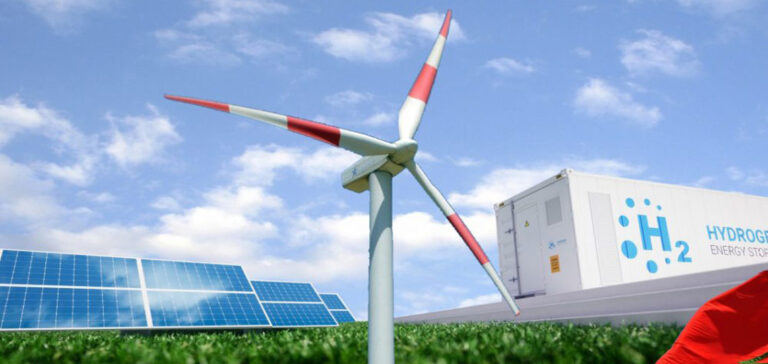The global energy transition is experiencing “phenomenal” growth, but the IEA stresses that demand forfossil fuels remains “too high” to meet ambitious climate targets. A month ahead of COP28, let’s take a look at the challenges and prospects of this transition.
In its recently published annual report, the IEA warns that, as things stand, demand for fossil fuels is still well above the thresholds needed to achieve the goal of limiting global warming to 1.5°C, as stipulated in the 2015 Paris Agreement.
The challenges of containing global warming
“Bending the emissions curve” to keep warming to 1.5°C remains “possible”, but the IEA warns that the path will be “very difficult”. Despite the impressive growth in clean energy, greenhouse gas emissions remain high enough to raise global temperatures by 2.4°C this century.
The Need for Strong Policies
The report comes just ahead of the 28th United Nations Climate Change Conference in Dubai, where the future of fossil fuels will be a key point of discussion. IEA Executive Director Fatih Birol stresses that the transition to clean energy is inevitable. However, “stronger policies are needed” to achieve the maximum warming target of 1.5°C. The IEA calls for a tripling of renewable energy capacity by 2030.
Encouraging advances
The IEA predicts that by 2030, there will be ten times as many electric vehicles on the road, and that the share of renewables in the global electricity mix will approach 50%. Investment in clean energy has increased by 40% since 2020. However, current progress is not enough to meet the climate challenge.
A Call for Global Collaboration
The IEA report also emphasizes the importance of international collaboration. Countries must “redouble their collaboration and cooperation” to accelerate the transition to clean energy. The IEA recommends a five-fold increase in energy transition investments in emerging and developing countries.
The energy transition is underway, but the challenges remain considerable. The IEA report reminds us that the world must unite to accelerate the transition to clean energy and meet climate targets. Despite current tensions, fossil fuels are not the long-term solution. The need for stronger policies and increased international collaboration is crucial to preserving the planet and combating climate change.
Final Analysis
The IEA report highlights the challenges facing the world in its transition to clean energy. While renewable energies are enjoying impressive growth, demand for fossil fuels remains too high to meet ambitious climate targets.
However, hope remains, as the transition to clean energy is inevitable. The world needs to step up the pace of investment in renewable energies, implement stronger policies and strengthen international cooperation. Global collaboration is essential to meet the challenges of climate change.
Ultimately, this report reminds us that the energy transition is a collective challenge, and that time is running out. It’s up to every country, company and individual to contribute to preserving the planet and achieving our climate objectives. The future of our planet depends on our actions today.






















